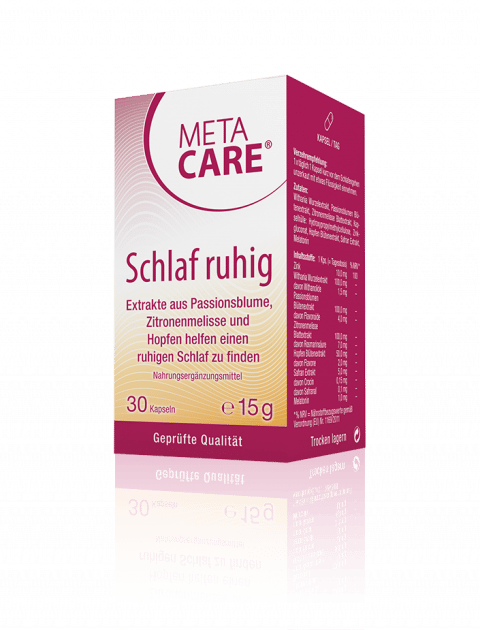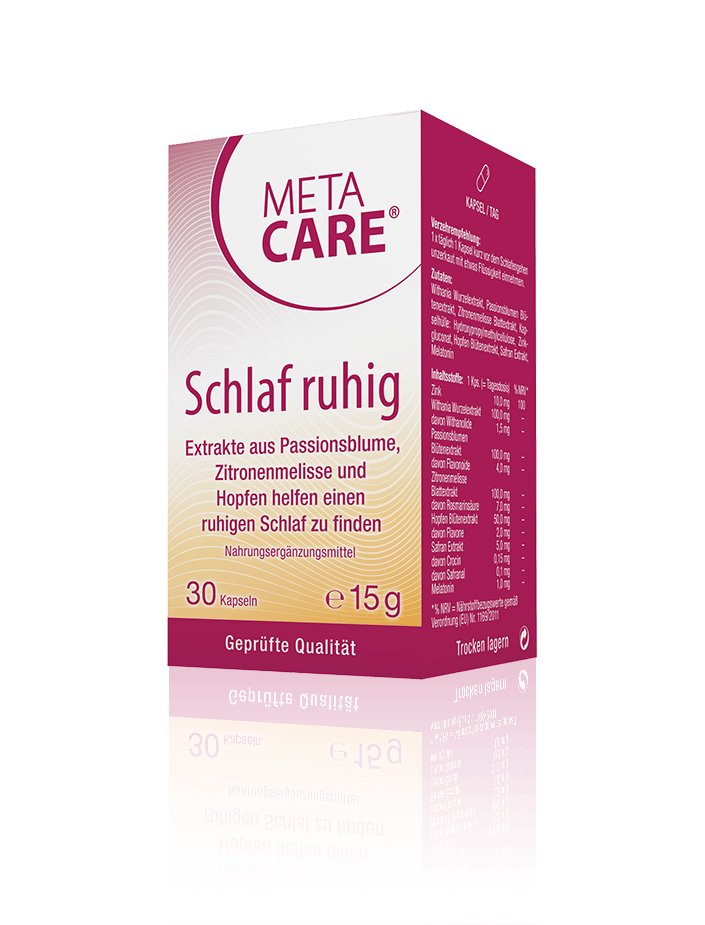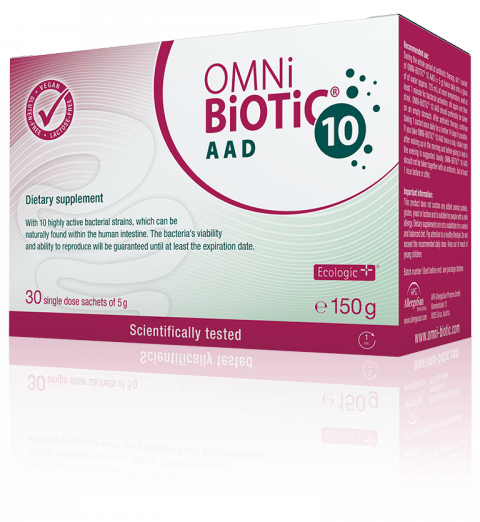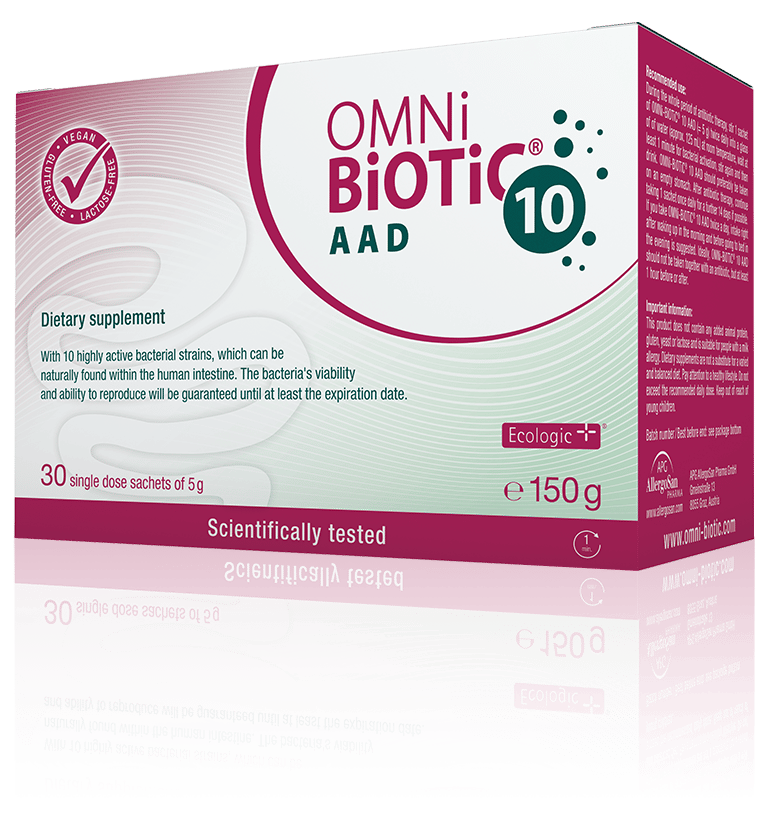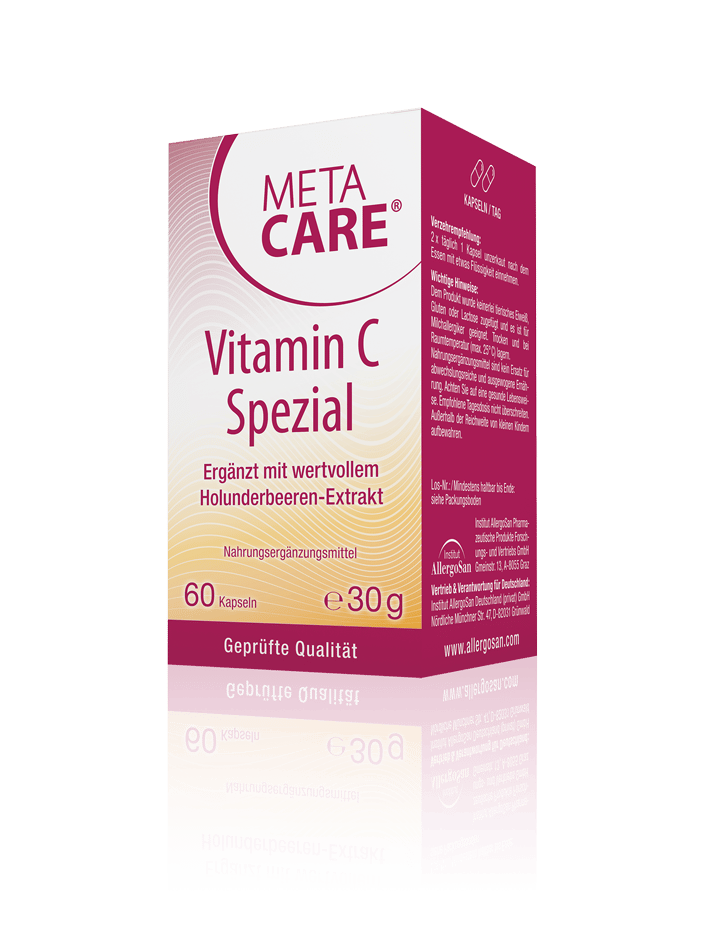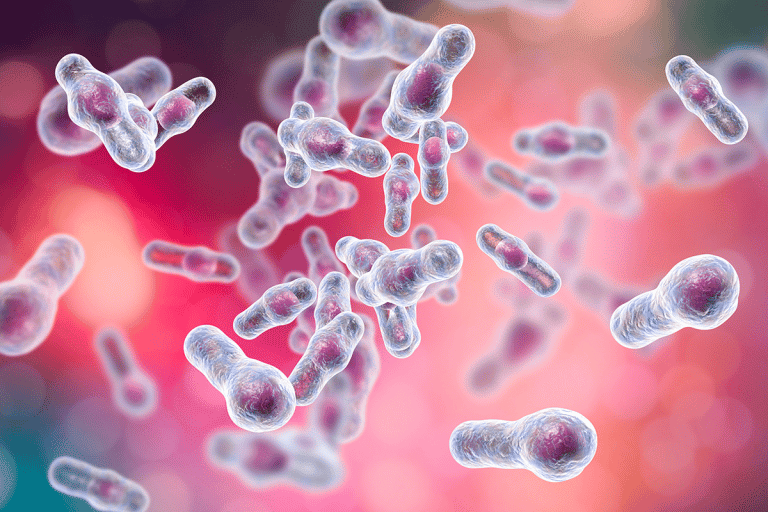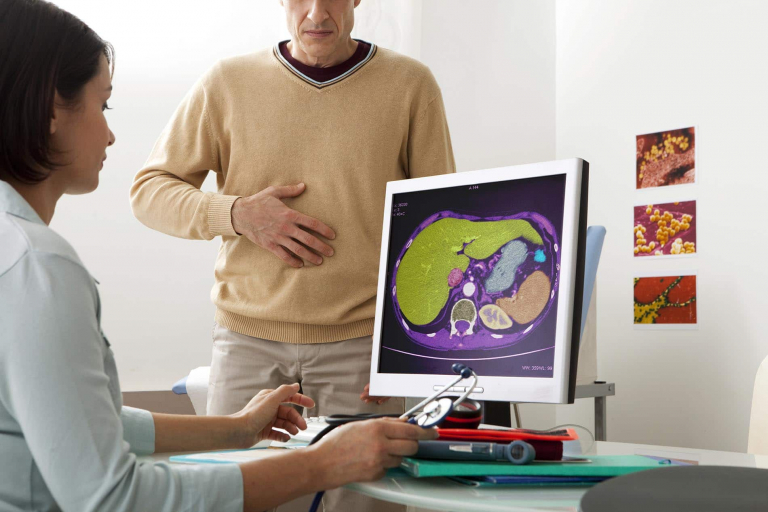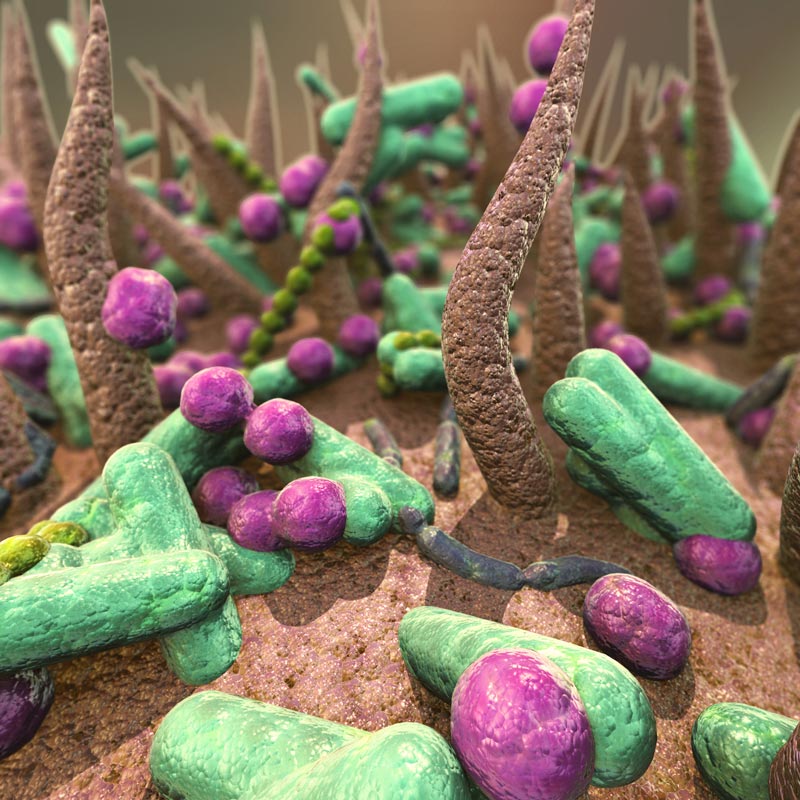
Intestinal bacteria work better as a team
An international cohort study demonstrates the success of the Austrian Probiotic strategy
Vienna (OTS) – A recently published paper in the scientific journal „Nature Communications“ by the King’s College London proves that microbial teams – so-called multispecies probiotics – are best suited to improve human health in comparison with probiotic products that only contain one bacteria species. In this context, data from more than 1.000 twins were analysed extensively. Mag. Anita Frauwallner, CEO at the AllergoSan Institute had this to say: „We didn’t understand this concept 25 years ago when we first started developing this multi-species concept as pioneers in probiotic medicine: It seemed too complex, too difficult to analyse and unnecessary. Now we have concrete international evidence that this bacterial team concept, a multispecies probiotic approach that we have been pursuing since the very beginning with our OMNi-BiOTiC® brand, is much more effective for human health than single-strain probiotics, which are sadly still on the market“.
DNA sequencing allows us to understand the intestinal microbiome
Scientists used to mainly focus on the effects that a single type of microbe had on our health. However, the latest and, until now, most comprehensive study by the King’s College London has uncovered how microbial teamwork is much more important than a single species working on its own.
Microbes work together in groups to complete many different functions. These bacteria use the contents in our intestines that we ingest and produce a large array of molecules that can then influence our metabolism. „By sequencing microbial DNA, we can identify the fingerprints that allow us to distinguish between the different species. We can also examine their genes and predict their function“, explains Mario Falchi, co-author of the recently published study.
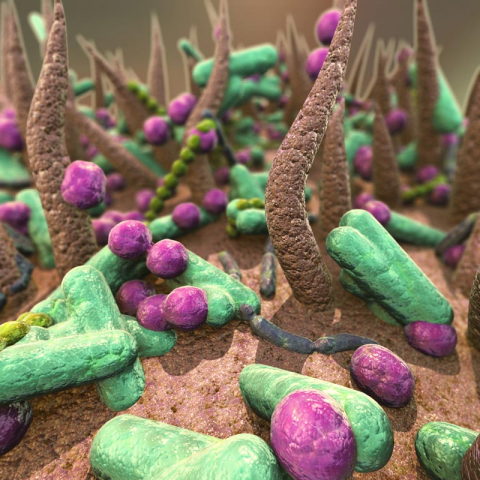
Data from more than 1.000 twins were analysed
Using data from over 1.000 cases from the cohort „TwinsUK“, the study authors compared the microbe species in the intestines of twins and what effect this has on the function of the bacterial teams. Even though we only share 43% of the same bacteria species in our intestines, 82% of the microbial function is identical. In reality, different microbes can take on similar tasks: „We then measured hundreds of molecules – that are typically related to the microbial and human metabolism – in the intestines and blood, and investigated whether their presence was associated with certain microbial species and microbial functions within a team. Again, teamwork prevailed. Microbial functions were more important than individual microbes as they have more connections with the molecular composition of the intestines and blood“, adds Falchi.
A research company in Graz, pioneers in the multispecies probiotic industry
Around 25 years ago, Anita Frauwallner introduced the first multispecies probiotic – OMNi-BiOTiC® 6 – to the market in Austria. Today, the founder and head of the AllergoSan Institute is very pleased about the sensational results from this study that confirm her work as a pioneer: „I am very happy that this internationally recognised study by the King’s Colleges shows how future treatments should focus on microbial teams to improve human health. The team always triumphs against the lone warriors – because of better specialisation and communication. That is why we only offer multispecies compositions in our OMNi-BiOTiC®-Portfolio – now and in the future!“
A. Visconti et al., “Interplay between the human gut microbiome and host metabolism,” Nat. Commun., vol. 10, no. 1, p. 4505, Dec. 2019.

